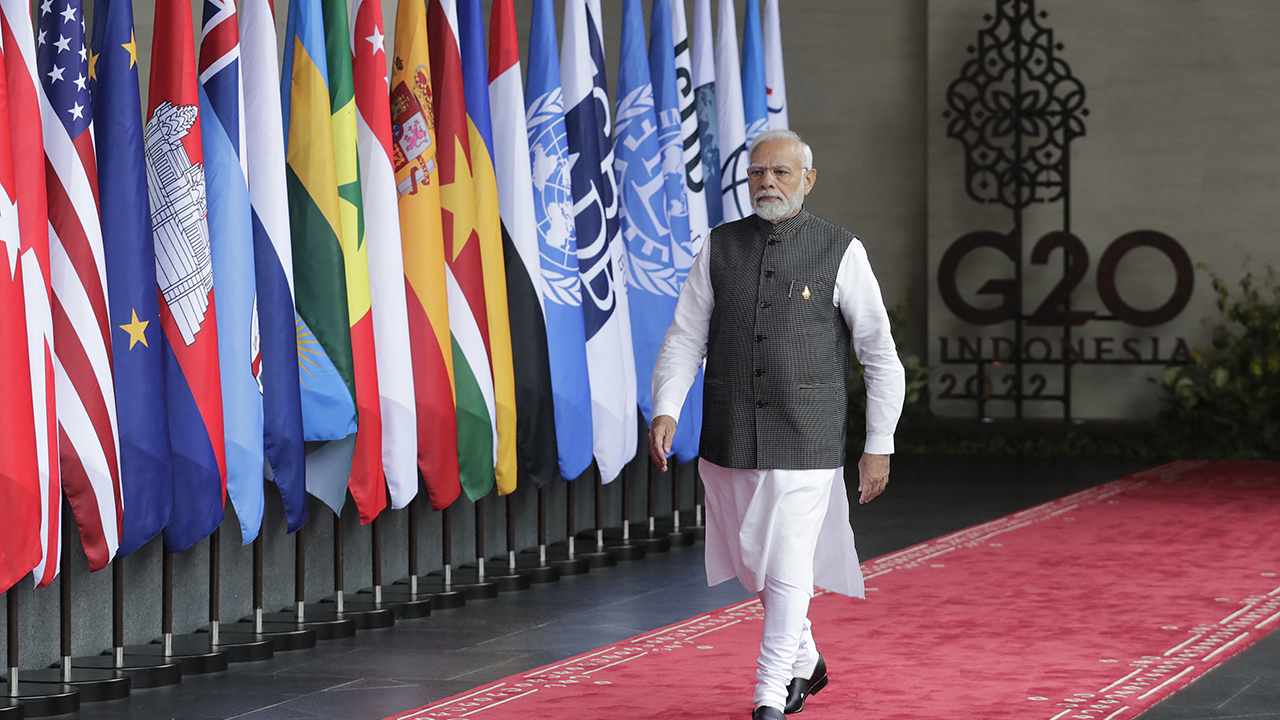
6 charts on how Germans and Americans view one another
Take a look at six charts on how Germans and Americans see one another and how German attitudes toward the United States have shifted in the Trump era.
Take a look at six charts on how Germans and Americans see one another and how German attitudes toward the United States have shifted in the Trump era.
The United States runs a far larger merchandise trade deficit with China than with any other nation. But when the trade deficit is measured in other ways, the U.S. actually has a larger imbalance with countries outside of China.
Foreign policy experts on opposite sides of the Atlantic have markedly different assessments of the way democracy is working in their countries.
The highest U.S. tariffs aren't on imports from its biggest trading partners, but on products from several developing South Asian nations whose exports are heavily weighted toward clothing, footwear and other products that the U.S. generally taxes highly.
Average tariff rates, while useful for comparison, can obscure the wide range of rates imposed on different classes of imports and on specific products.
Just 16% of Americans see Vladimir Putin favorably, with more Republicans than Democrats holding that view.
The Trump administration’s plans to impose $50 billion in tariffs on Chinese imports, as well as tariffs recently placed on imported steel and aluminum and on imports of solar panels and washing machines, mark a distinct break from decades of U.S. trade policy, which long has generally favored lower tariffs and fewer restrictions on the movement of goods and services across international borders.
Fifteen years after the U.S. invasion of Iraq in March 2003, the American public is divided over whether using military force was the right decision.
People who live in countries where the political system is less than “fully democratic” tend to give Beijing and Moscow higher marks for upholding individual rights than people who live in full democracies, according to a new Pew Research Center analysis of public opinion in 38 countries across the globe.
On March 8, 2018 at the German Marshall Fund’s annual Brussels Forum, Bruce Stokes, the director of global economic attitudes, presented Pew Research Center findings on issues impacting the transatlantic relationship.
Across 12 countries, a median of 40% of adults say they have no confidence in Indian Prime Minister Narendra Modi to do the right thing regarding world affairs. About eight-in-ten Indians have a favorable view of Modi.
Majorities in most countries say China does not take into account the interests of other countries in its foreign policy, and China does not contribute to global peace and stability.
Across 24 countries, large shares have an unfavorable view of Russia and no confidence in Putin to do the right thing regarding world affairs.
Overwhelmingly, people believe the U.S. interferes in the affairs of other countries, but most also believe the U.S. contributes to peace and stability around the world. U.S. President Joe Biden receives mostly positive reviews.











